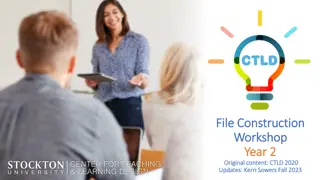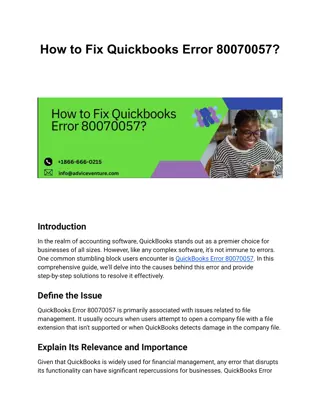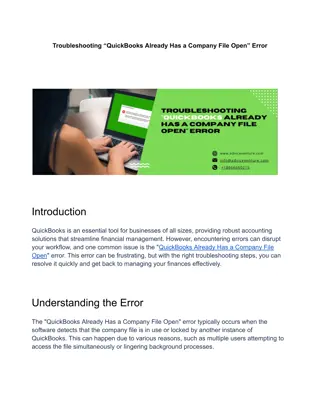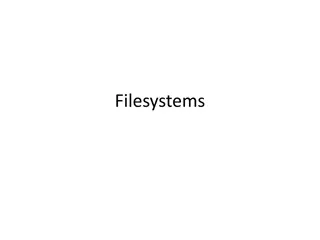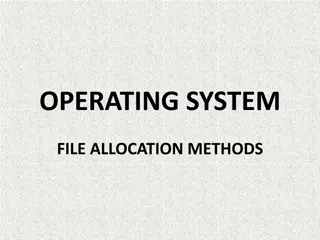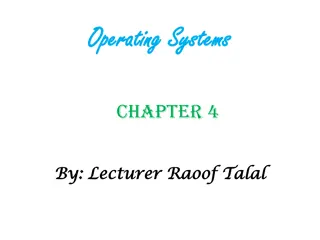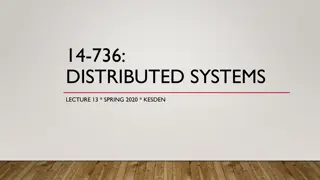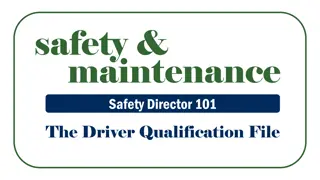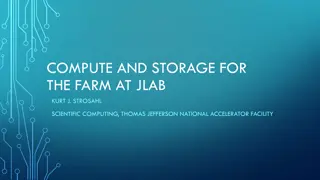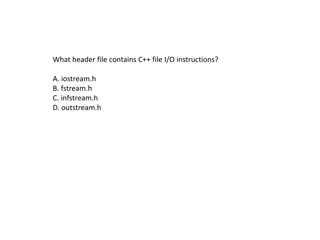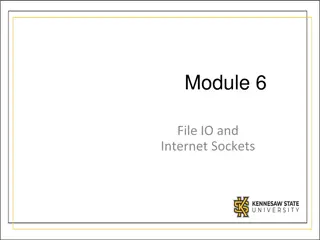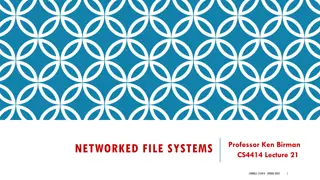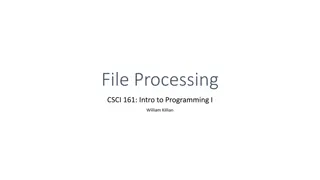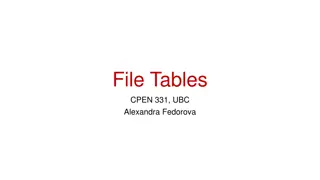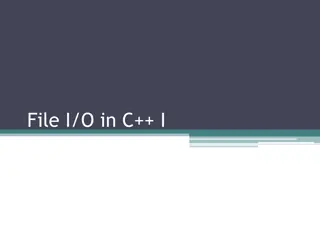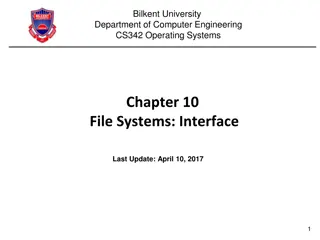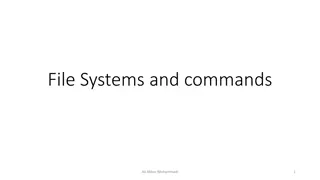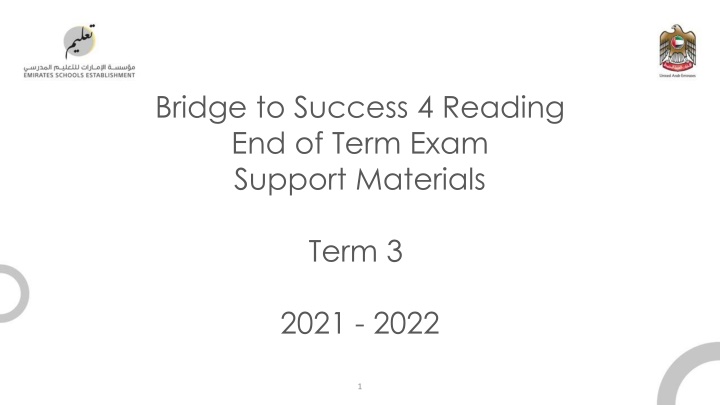
End of Term Exam Support Materials for Bridge to Success 4 Reading
Explore key lexis and concepts such as family relationships, occupations, sizes, and helpful/dangerous traits covered in the Bridge to Success 4 Reading curriculum. Get ready to ace your end-of-term exam with sample questions and a detailed study guide.
Download Presentation

Please find below an Image/Link to download the presentation.
The content on the website is provided AS IS for your information and personal use only. It may not be sold, licensed, or shared on other websites without obtaining consent from the author. If you encounter any issues during the download, it is possible that the publisher has removed the file from their server.
You are allowed to download the files provided on this website for personal or commercial use, subject to the condition that they are used lawfully. All files are the property of their respective owners.
The content on the website is provided AS IS for your information and personal use only. It may not be sold, licensed, or shared on other websites without obtaining consent from the author.
E N D
Presentation Transcript
Bridge to Success 4 Reading End of Term Exam Support Materials Term 3 2021 - 2022 1
Contents 1.Lexis 2.Grammar 3.Sample Questions This Photo by Unknown Author is licensed under CC BY 2
Key Lexis helpful dangerous caf school skateboarding football swimming baseball sweep the floor do the dishes make the bed grandparents sister brother mother father cousin inventor robot firefighter big, huge, enormous small, tiny 3
father and mother Yourfather and your mother are your parents. 4
brother and sister Brothers and sisters are children who have the same parents. 5
cousins the children of your aunt or uncle 6
grandparents your father s or your mother s parents 7
inventor a person who creates new things that can help people 8
robot A thing that can move, do things and sometimes talk. 9
firefighter a person who saves people from burning buildings 10
This ball is small. This ball is big. 11
This ball is huge. This ball is enormous. This ball is tiny. 12
helpful A helpful person often does things for others. 13
dangerous In dangerous places people can be hurt. 14
school a place where you go every day to study 15
caf a place where you can have some coffee, tea or cake 16
skateboarding a sport in which you ride on a skateboard 17
football a sport in which you kick a ball with your foot 18
baseball a sport in which you hit the ball with a bat 19
swimming a sport that you do in water 20
sweep the floor to clean the floor with a broom 21
make the bed to make your bed tidy 22
do the dishes to clean the plates and cups with water and soap 23
Key Grammar NELCF Code G.13.1 Grammatical structure Present time: present simple (including the verb to be ) Past time: past simple (including the verb to be ) Adverbs (frequency) Future time: simple future (will and shall) G.14.2 G.2.3 G.15.1 24
We were at home last night. I went to school yesterday. I saw a camel in the desert. Grammatical structure Past time: past simple (including the verb to be ) Usage We use it to talk about actions that happened in the past. We played with our cousins. She wasn t at school yesterday. They didn t do homework. Other examples 26
My brother never eats chocolate ice-cream. Fatima always helps her mother after school. We usually have pancakes for breakfast. Grammatical structure Adverbs (frequency) Usage They are used to describe how often people repeat certain actions. Ali usually plays tennis, but sometimes he plays football, too. I often go to a caf with my sister. My brothers sometimes watch TV in the evening. Other examples 27
I will play football tomorrow. I shall go shopping next week. The park will open at 9 o clock. Grammatical structure Future time; simple future (will and shall) Usage It is used to describe intentions and events that happen in the future. Alia will visit her aunts and cousins this afternoon. We shall buy ice cream for the party. I will be happy when I finish my exam. Other examples 28
Sample Reading Multiple Choice Questions Read the texts and choose the correct answer A, B or C. There is one example. Aisha wakes up at 6 AM every day. She eats breakfast at 7 AM and goes to school at 8 AM. 1. What time does Aisha eat breakfast? A. at 6 AM B. at 7 AM C. at 8 AM 29
In the morning, Aisha gets dressed and eats pancakes for breakfast. She doesn t like bread or eggs. 2. Aisha eats ________ for breakfast. A. eggs B. bread C. pancakes 30
Sample Matching Questions Read the titles. Draw a line to the correct text. Each title can only be used once. Aisha lives with her family in Ajman. She has brothers and five younger sisters. They like to play together. three older 3. Playing Football Rashid likes playing football very much. He usually plays football with his brothers. He never plays football at school. 4. Aisha s Family
Sample MAZE Read the text and choose the correct word(s) to complete the sentences. My sister s name is Alia. She 5. (am / is / are) ten years old. She likes to 6. (play / go / do) swimming. She is 7. (angry / sad / friendly),so she has many friends. 32
Sample MAZE: answers My sister s name is Alia. She 5. (am / is / are) ten years old. She 6. (wakes / catches / goes) up early every day. She is 7. (angry / sad / friendly),so she has many friends. 33

